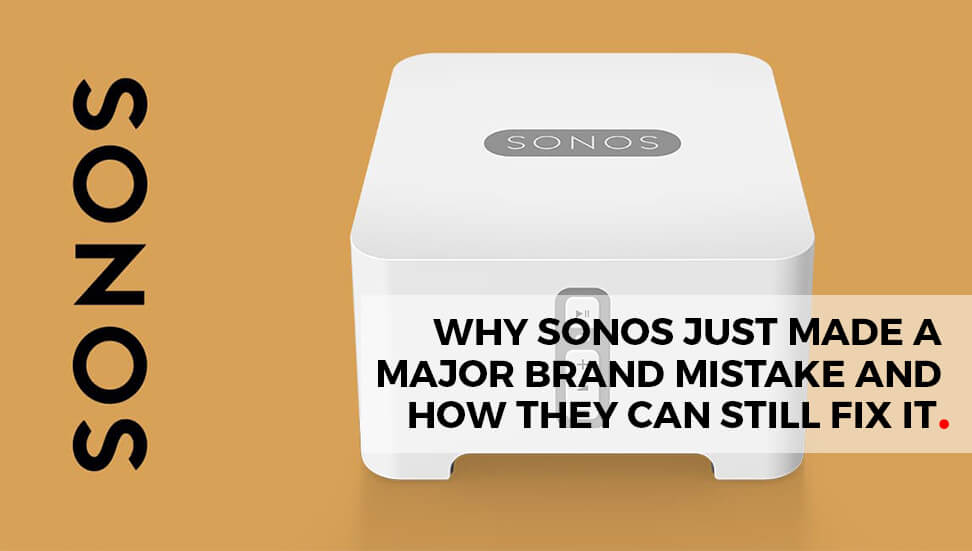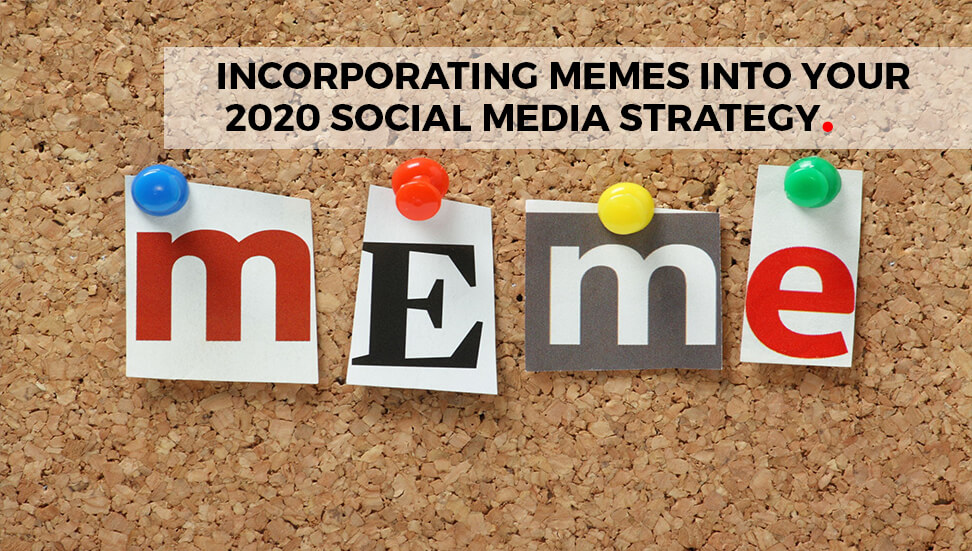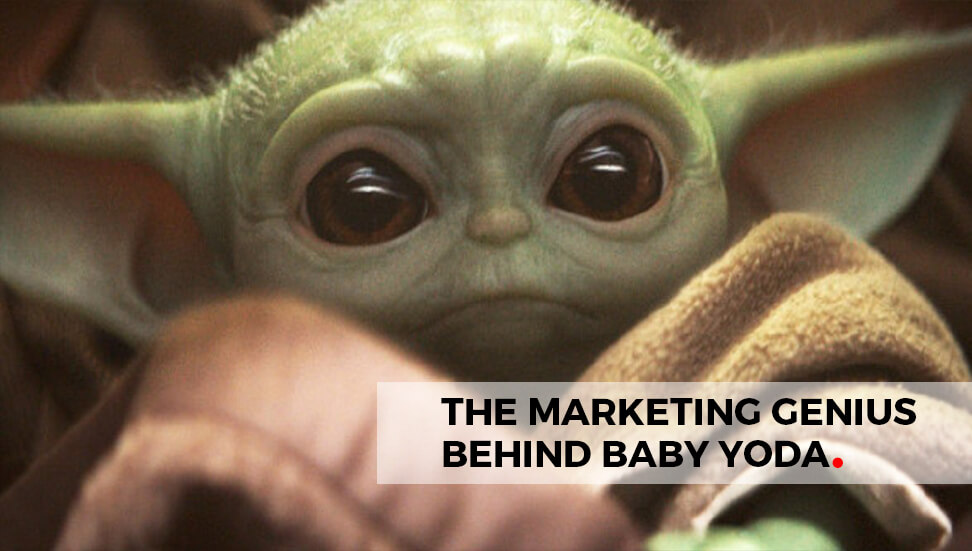Negligence can be costly, especially today, where social responsibility is a norm. Cause marketing is on the rise in today’s business world. Potential customers that are visiting your platforms want to quickly determine if your business is in line with their personal ideologies. If your brand doesn’t make a stance on important issues, then your customers may align themselves with your outspoken competitors. Today we are going to discusses Calgary cause marketing and examples of brands successfully employing this strategy.
What is Calgary Cause Marketing?
Also known as Cause-related marketing (CRM), cause marketing simply refers to the expressed partnership involving a brand and a non-profit. It is interesting to point out that this marketing strategy has been in existence for quite some times, in fact, it gained prominence in the 80s. This period saw the partnership between business giant, American Express with a non-profit (Restoration Fund). Their achievement in the restoration of the Statue of Liberty led other businesses to adopt this marketing strategy. In recent years, there has been a rise in the popularity of environmental and socially conscious products. A recent study has revealed that the $120M industry in the 90s has grown into $2Bn in 2017, and it continues to rise. Such an increase can be ascribed to the joint benefit of cause marketing to both partners in terms of finances and building a public profile.
How Brands Use It:
Yes, cause marketing can be highly profitable both in the short and long term but getting started might prove to be tasking. Not to worry, you can take a cue from how successful brands use this marketing strategy to good effect.
They Choose a Relevant Cause
It is noteworthy to mention that CRM campaigns yield a very high level of success when both partners share a common cause. For instance, it is quite noticeable that pet food companies support animal shelters to target an audience consisting of animal lovers. When there is an absence of a common cause, the marketing campaign is less likely to be viewed positively.
They Choose a Passionate Cause
Choosing a cause that you are passionate about not only feels good but it will spur you and your employees to contribute more to the success of the cause.
Successful Brands Use Memorable Messages
Catchy slogans have proven to be very successful when it comes to cause marketing. They are easy to remember and leave a lasting impression on the minds of the audience. As a matter of fact, when the facts presented in a public announcement is done so in a straightforward manner, 69% of consumers have shown that they are more likely to remember. Brands that have used short catchy messages in promoting a cause have proven to be very successful.
So, how can you go about yours? Here are some do’s and don’ts in achieving a successful CRM.
Do’s and Don’ts of Calgary Cause Marketing:
Be Transparent and Honest
Consumers simply want to know the truth. They would like to see how you are supporting a cause. The level of transparency and honesty you adopt will go a long way in determining how successful your CRM approach will be.
Don’t Forget Your Purpose
As you try your best in being transparent and honest, you should not forget the core reason why you are embarking on the task. You must ensure that your efforts reach as many customers as possible.
Evaluate
Do remember to evaluate the effectiveness of your marketing campaign regularly. This will ensure that your resources are well spent and your brand and the cause gets the most out of it.
Never Fake Your Concern
Consumers are excellent at spotting a fake. So, if you are not genuine about your concern, you will be found out and this is undoubtedly bad for business.
Some examples of brands that have put CRM to good use include; Rimmel, the beauty brand connected with its audience by campaigning against cyberbullying as a result of their looks. Other examples are MTV, MGM, and Ladbible. The success of a CRM campaign largely depends on the time and effort put in it. This is proven to be the case as with brands that have used it successfully.






























